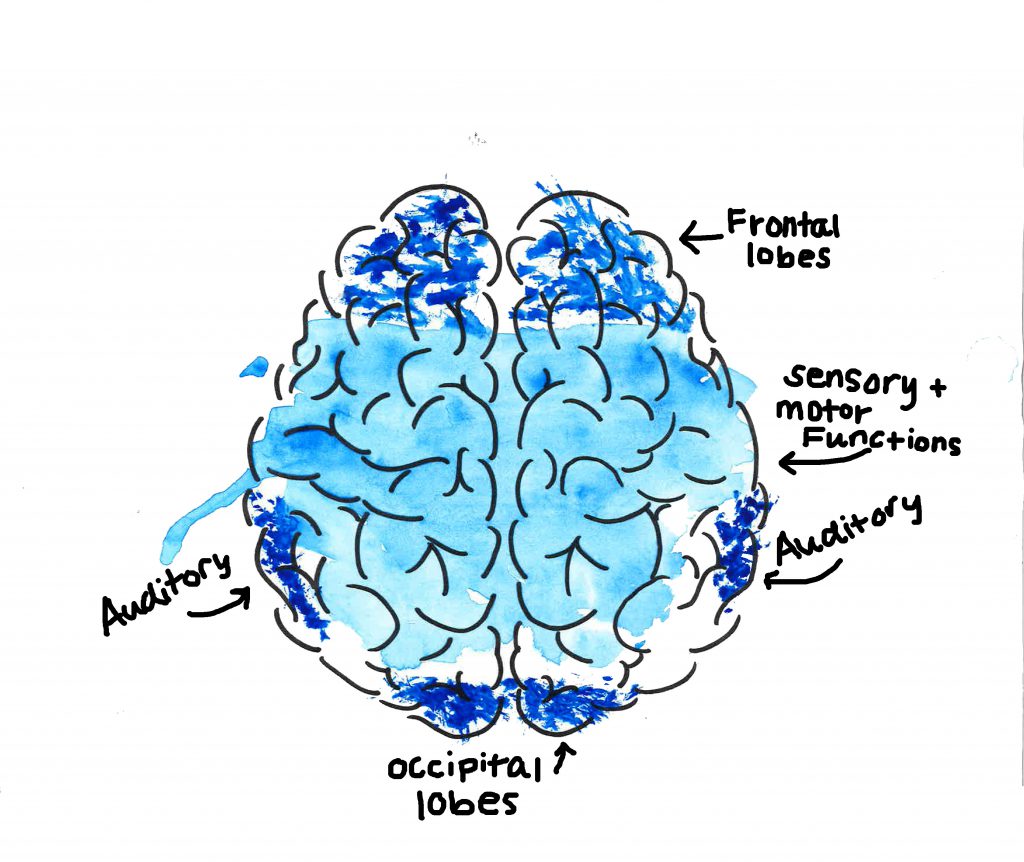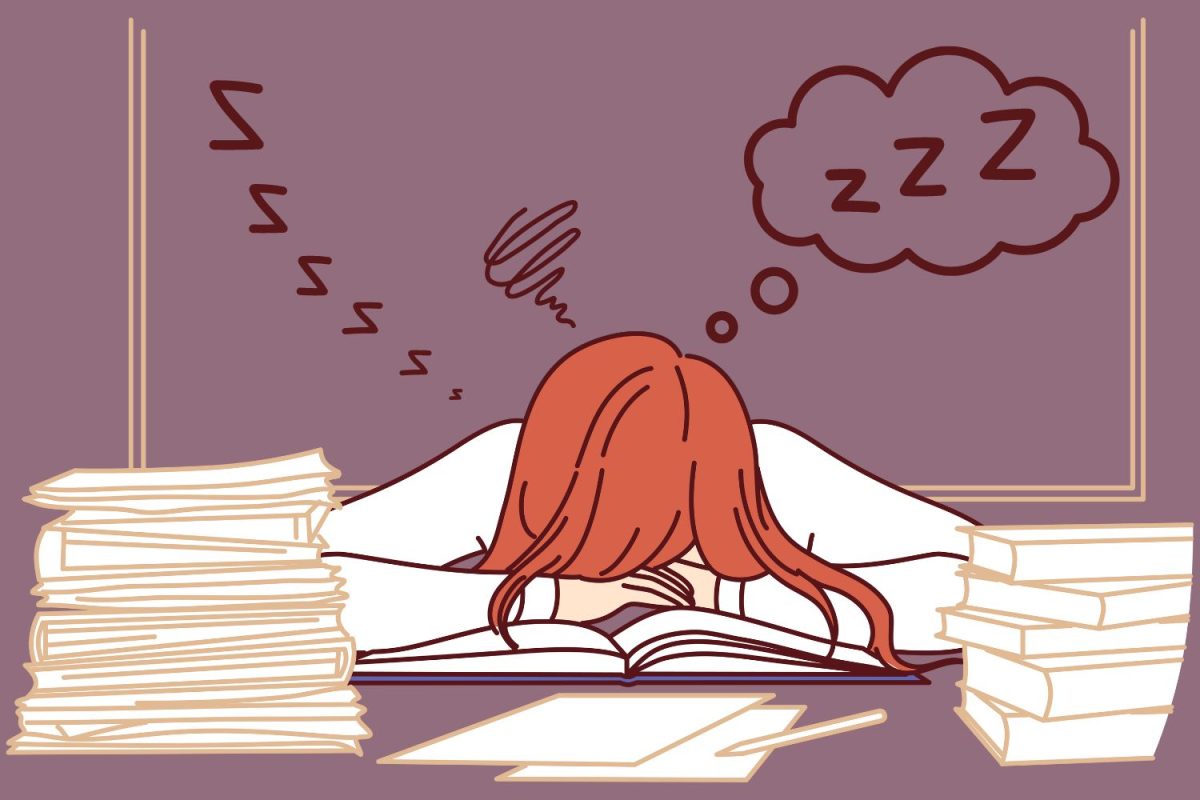In Issue 3 of The Standard an article, Escalating Temptations, covered a recent expulsion case regarding the recent distribution of drugs, such as LSD. Staff Writer Anastasia Ruimy explores the counseling process in greater depth.
When uncertain whether consequences will follow, Brian Robert (‘17) feels safe reaching out to teachers about personal problems depending on the level of trust within the relationship. “I feel safe about speaking to two or three of my current and past teachers just because of the relationships I’ve built with them in particular, but I wouldn’t say I feel safe to speak to all of my teachers,” Robert said.
Robert feels skeptical about approaching some teachers about personal issues. “I worry that some [teachers] don’t know students well enough to handle the situation properly and don’t know how to take care of it without telling someone else,” Robert said.
In contrast, Aerin Agyei (‘19) finds that she seeks teachers based on their reputation amongst her peers. “I confided in this particular teacher because I know that they work very hard to do whatever they can to improve students’ well-beings. I personally don’t have a very strong relationship with my advisor so I felt more comfortable about going to speak to them,” Agyei said.
Recognising the level of seriousness and determination the school has when dealing with a personal problem, “they reassured me of the confidentiality and strongly emphasized how seriously they and the school take those types of issues so that helped me feel more comfortable,” Agyei said.
Mia Rasamny (‘20) agrees with Robert and Agyei and feels teachers are very trustworthy and are willing to give honest advice. “I think that even though they would be willing to help the situation, it might lead them to tell other members of staff,” Rasamny said.
Regardless of their relationship with their teachers, Rasamny thinks students should seek teachers’ help if the situation is serious or harms the student’s emotional or physical health. “If any serious situation has occurred on the school’s campus or involved other students from school then the school should be involved. If not, it should be the student’s choice whether it be kept personal or brought to the school’s attention,” Rasamny said.
Similarly, HS Health Teacher Joy Marchese believes confidentiality is taken very seriously between faculty members. “Certainly, teachers don’t go around gossiping about students. Ultimately the reason students would be coming forward about themselves is because they know they need help. So we would not punish a student for coming forward because they are asking for help, we would get them the help that they need,” Marchese said.
The reason for teachers to break confidentiality is if the situation harms a student’s immediate health. “Our biggest concern is the safety and well-being of students and in order, I think, to keep students safe, they need to trust you. It does take time to build trust,” Marchese said.
In her experience, the faculty member Agyei reached out to spoke to her before exposing her name to other faculty members. “They will warn you before involving another person. However, I’m not sure if it’s possible to protest their decision if they decide they need to tell someone else,” she said.
On the other hand, some students do not feel they should go to a teacher regardless of the situation or how close they may be with the teacher. “I think that from recent events we can see that consequences arise when it comes to drug use. I assume that teachers have an obligation to notify parents etc. when students come to them with issues relating to drugs, so regardless of the level of trust between student and teacher, ramifications will ensue,” Bob* (‘19) said.
Bob doesn’t believe addressing a teacher is the appropriate action to take in many cases. Once the school is notified, it becomes a school issue, and control of the situation quickly migrates to the HS administration,” Bob said.
In addition, “notifying an adult takes control of the situation out of the family’s hand, then regardless of how trusted the adult is the decision to tell an adult may not be the right one. Anyone who is experiencing a problem that is destabilizing their life needs to be able to speak to someone without worrying about repercussions,” he said.
Agyei too believes that serious problems being brought to teachers will inevitably result in consequences. “I feel like most students do know that [repercussions will ensue], so they wouldn’t be going to the faculty or administration if they weren’t somewhat prepared for the issue to be addressed,” she said. “I do think this may cause a hesitation when considering confiding in an adult at school, but that is to be expected of a professional faculty-student relationship.”
This still is not assuring for some students to share their issues with an adult. “For most of us, everything revolves around ASL and if we do something to jeopardize our enrollment, we’re not going to want to tell anyone because it would already make the situation so much worse. If the administration insists on helping students experiencing problems, then they can’t punish them for coming forward,” Robert said.
Written by Staff Writer Anastasia Ruimy (’19)
Graphic by Lead Features Editor Michaela Towfighi (’18) from Issue 3








